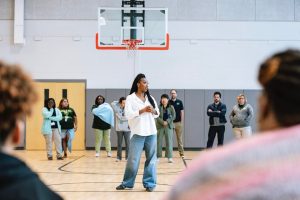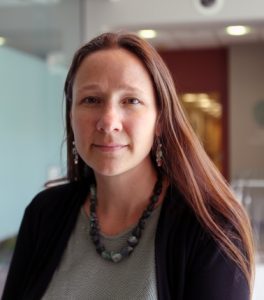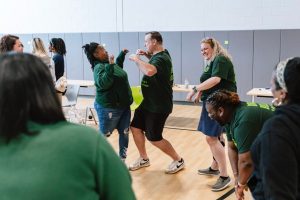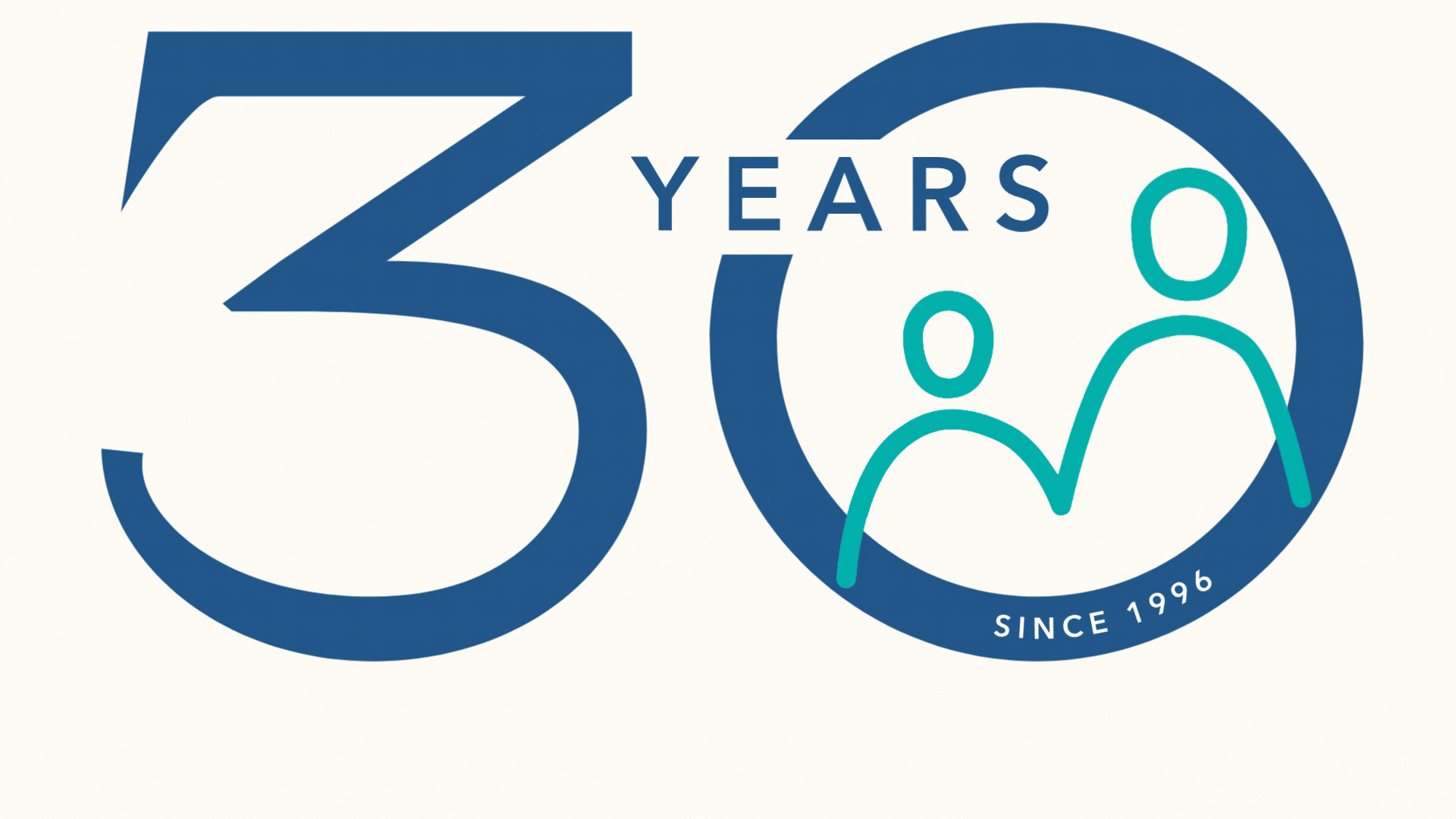In summer 2023, one of Todd Wade’s former students from Baltimore County’s Eastern Technical High School approached him with a novel idea: teaching students improvisational techniques, or improv, as life and problem-solving skills. The concept was a perfect fit with his role at City Springs Elementary / Middle School as Director of Restorative Practices, the community-centered, collaborative problem-solving program that Baltimore Curriculum Project (BCP) pioneered with Baltimore City Public Schools nearly 30 years ago.
It wasn’t just any former student, either. It was Ego Nwodim, actor on shows including Saturday Night Live and a passionate believer in the power of improv. Ms Nwodim spent a day at City Springs in September 2023, speaking to the school and working with City Springs’ Peer Mediators on the power of improv to deepen connections and conversations.
 So successful was the initiative that Ms. Nwodim returned to BCP in August 2024 for two days of workshops with the faculty and staff of each school. She taught improv techniques with the goal of giving BCP educators new tools to use in the classroom and in Restorative Practices “circles” or small-group discussions.
So successful was the initiative that Ms. Nwodim returned to BCP in August 2024 for two days of workshops with the faculty and staff of each school. She taught improv techniques with the goal of giving BCP educators new tools to use in the classroom and in Restorative Practices “circles” or small-group discussions.
This winter, BCP’s teacher and student improv program took another important step with the awarding of a $20,000 Johns Hopkins Bloomberg American Health Initiative Grant for BCP and the Center for Adolescent Health at Hopkins to study the effectiveness of incorporating improv techniques into the classroom.
 Leading the research study is Beth Marshall, DrPH., MPH, an associate practice professor with Johns Hopkins Bloomberg School of Public Health in the department of Population, Family, and Reproductive Health and the Center for Adolescent Health. She’s also Mr. Wade’s neighbor with whom he would share updates as the improv program evolved. BCP’s initiative dovetails with her work with community partners to evaluate and develop school-based programs to improve students’ health, academic achievement, and social skills. She has worked with Baltimore City Schools, BCP’s partner, for over two decades.
Leading the research study is Beth Marshall, DrPH., MPH, an associate practice professor with Johns Hopkins Bloomberg School of Public Health in the department of Population, Family, and Reproductive Health and the Center for Adolescent Health. She’s also Mr. Wade’s neighbor with whom he would share updates as the improv program evolved. BCP’s initiative dovetails with her work with community partners to evaluate and develop school-based programs to improve students’ health, academic achievement, and social skills. She has worked with Baltimore City Schools, BCP’s partner, for over two decades.
Most of my work is focused on schools and how schools are a place to develop health and well-being. There isn’t a ton of current literature on using improv in classrooms, but there’s been some work that’s shown that it’s increased student engagement, confidence, and communication and interpersonal skills.
Last August, Mr. Wade invited Dr. Marshall to attend Ms. Nwodim’s improv professional development sessions with BCP faculty. “The thing we overlook often is what it means for young people to have joy in a classroom,” she explains. “I have been in a lot of professional development sessions for City teachers, and I was really struck by how joyous the sessions were for the teachers. One of the BCP educators even said that she has been doing professional development for 20 years and this was the most joyful session she had ever been part of.”
She and Mr. Wade wrote a grant application for a midyear grant to the Bloomberg American Health Initiative centered in the Johns Hopkins Bloomberg School of Public Health. One of the Initiative’s five foci is adolescent health.
 The grant to BCP and the Center for Adolescent Health at Hopkins will be used to implement a year-long evaluation of how BCP educators are incorporating improv techniques into their lesson plans and classroom activities. This will include inviting educators to share their experiences through in-person interviews and digital surveys, with grant funds supporting incentives for faculty to participate.
The grant to BCP and the Center for Adolescent Health at Hopkins will be used to implement a year-long evaluation of how BCP educators are incorporating improv techniques into their lesson plans and classroom activities. This will include inviting educators to share their experiences through in-person interviews and digital surveys, with grant funds supporting incentives for faculty to participate.
This year, Mr. Wade launched an Improv Club at City Springs, with a goal of adding these to the other BCP schools. To date, 20 students from 4th through 7th grade meet after school to do improv circles, which will evolve into actual scene work. The goal is to perform in front of faculty and students by the end of the year. Grant plans also include interviewing the students participating in the Improv Club and about how improv techniques are helping in terms of social and emotional learning skills.
“We need to evaluate the efficacy of their training in the classroom and share that analysis with BCP,” Dr. Marshall adds. “There are a lot of great ideas for things that we can do in the classroom. If we want those great ideas to move forward, we need an understanding of how these programs work and if they work.”
 Evaluation data can support a possible scaled-up version for City Schools and other districts to spread what BCP is doing.
Evaluation data can support a possible scaled-up version for City Schools and other districts to spread what BCP is doing.
Dr. Marshall explains that the potential impact has never been more critical: “Every school system today has overworked, stressed teachers and underserved kids who are coming out of the pandemic. Joy is so important. It’s not the first thing we think of with school, but as a researcher and as a parent, that’s what I want for young people—to know that their school and classrooms are places of joy”
“We want students who are engaged, happy, and feel connected to their schools,” she continues. “That’s when you see academic outcomes. It serves everyone’s purpose to have joy in our classrooms.”
Read Baltimore Magazine’s feature article on Ms. Nwodim’s work with BCP.
Watch the video of the Today Show’s coverage of her visit in August 2024.
